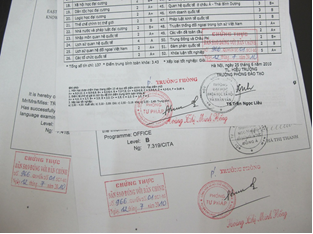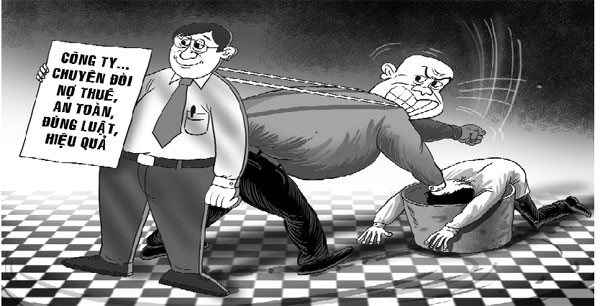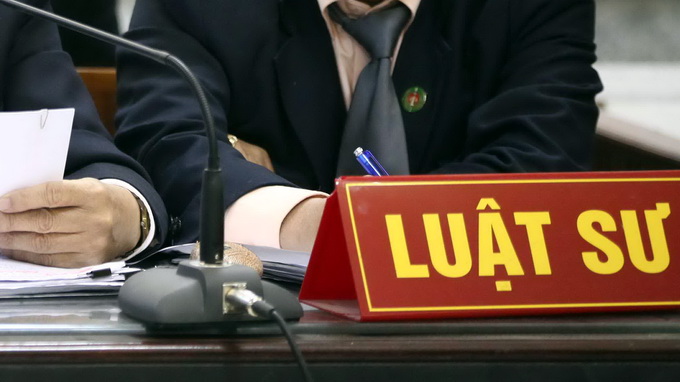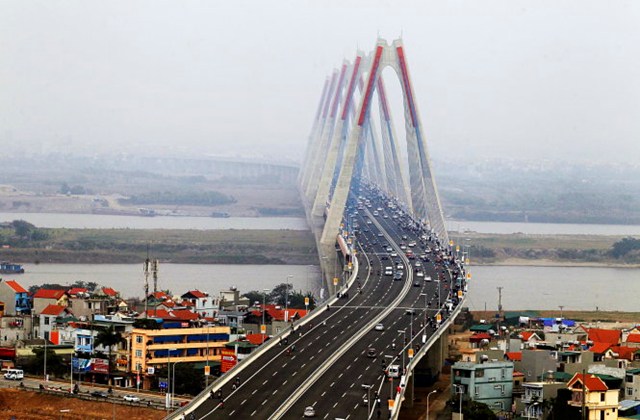I want to know how many types of libraries there are in Vietnam. What acts are prohibited by individuals and organizations in this field? - Huynh Ngan (Bac Lieu, Vietnam)
 08 types of libraries according to Vietnamese law (Source: Internet)
08 types of libraries according to Vietnamese law (Source: Internet)
1. What is a library?
According to Clause 1, Article 3 of the Law on Libraries 2019, “library” means an institution of culture, information, education and science that develops, processes, stores, preserves and provides information resources for its users.
2. Types of libraries in Vietnam
Specifically, in Clause 1, Article 9 of the Law on Libraries 2019, libraries include the following types:
- National Library of Vietnam;
- Public libraries;
- Special libraries;
- Libraries of Vietnam People’s Armed Force;
- Libraries of higher education institutions (“university libraries”);
- Libraries of institutions of preschool education, general education or vocational education and libraries of other educational institutions;
- Community libraries and private libraries open to the general public;
- Libraries of foreign organizations and individuals open to Vietnamese people.
3. Functions and tasks of the library in Vietnam
The functions and tasks of the library are specified in Article 4 of the Law on Libraries 2019, specifically as follows:
- Develop, process, store, preserve, connect and enrich information resources as appropriate to the needs of library users.
- Organize shared use of information resources, information products and library services; promote knowledge and cultural values of the country and humankind; support research, learning and recreation; and contribute to the formation and development of knowledge, skills, virtues and capacity of library users.
- Apply scientific and technological advancements, and modernize libraries.
- Promote reading culture and provide an environment for life-long learning, build a learning society, heighten people’s intellectual standards, and shape comprehensively capable Vietnamese citizens.
4. State policies for library development in Vietnam
- For public libraries, the State shall invest in the following areas:
+ Prioritize investment for the National Library of Vietnam, public libraries of provinces and central-affiliated cities (“provincial libraries”) and important libraries;
+ Modernization of libraries; development of digital libraries, shared information resources, and open information resources; and cooperation between domestic and foreign libraries;
+ Collection, preservation and enhancement of values of ancient and precious documents, and document collections of significance to history, culture and science;
+ Provision of mobile libraries, transfer of information resources to border areas, islands, ethnic minority areas, and areas with socio-economic difficulties or exceptional socio-economic difficulties;
+ Training and development of library staff;
+ Research and application of scientific and technological advancements in libraries.
- The State shall support investment in the following areas:
+ Provision of public library services, and reading culture promotion;
+ Maintenance and development of community libraries and private libraries open to the general public without profitable aims;
+ Cost for transfer of library materials for political purpose or to border areas, islands and areas with socio-economic difficulties or exceptional socio-economic difficulties;
+ International library cooperation.
- The State shall formulate incentive policies to encourage organizations and individuals to participate in the activities prescribed in Clauses 1 and 2, Article 5 of the Law on Libraries 2019.
(Clause 1, 2, 3, Article 5 of the Law on Libraries 2019)
5. Prohibited acts in Vietnam
In library activities, individuals and organizations are strictly prohibited from performing the acts specified in Article 8 of the Law on Libraries 2019, specifically as follows:
- Taking advantage of library operations to distort State guidelines, policies and legislation; to oppose the Socialist Republic of Vietnam; to separate the block of great national solidarity; to incite violence or hatred between ethnicities or religions; to propagate invasion war; to erode the good traditions and customs; to spread superstitious beliefs; or to attract library users to social evils.
- Provision of information resources within the scope of state secrets, unless otherwise provided for by law.
- Impeding access to and use of information resources of library users against regulations of laws.
- Provision of information on library users, unless requested by competent authorities.
- Appropriating, swapping, destroying or causing damage to information resources.
- Unauthorized access to library information systems or library databases; modification, disruption or destruction of library information systems or library databases.
Thanh Rin
 Article table of contents
Article table of contents





.Medium.png)
.Medium.png)
.Medium.png)
.Medium.png)
